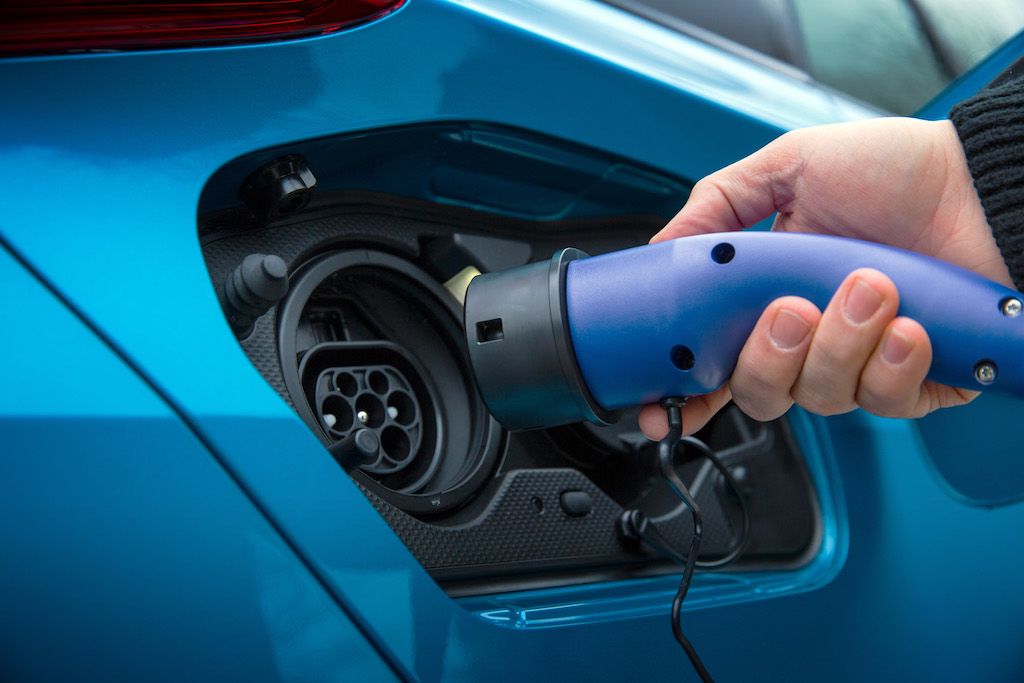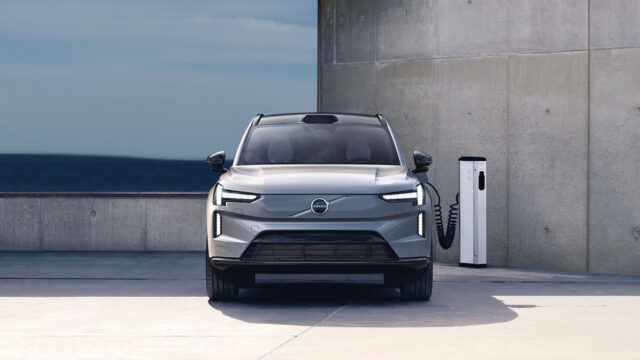Internal combustion engine cars They cause significant damage to the environment with the harmful gases they produce. In order to limit the release of these gases to the environment, European Union Commission has long put a restriction on automakers. Thanks to these restrictions, while the damage caused by internal combustion engine vehicles to the environment is tried to be reduced, the new rules are no longer electric vehicles has found its place.
Electric cars also have to follow the rules
EU Commissionnew, effective from 2025 Euro 7 presented its recommendations on the emission standard. With this law, for the first time, we will encounter rules that also affect electric cars. In addition, new substances are coming to emission standards. The most notable among these are brake wear and microplastic There were restrictions on the tires that caused its formation.
Euro 7 emission standards As soon as it comes into effect, all newly registered passenger cars will have to comply with a limit value for brake wear. The standards, originally planned to allow seven milligrams per kilometer, will be reduced to three milligrams from 2035.
New emissions standard for the first time tire wear It also addresses the resulting microplastics. In this context, electric cars seem to be challenged more than conventional powertrain models. electric carshave the capacity to produce more microplastic by pushing their tires harder due to the extra weight they have due to their batteries. Limitations in this regard have not yet been announced.
In addition, the proposal of the EU Commission for electric vehicles battery endurance It also offers limitations. In this process electric vehicle It is stated that the batteries should not fall below 80 percent of their capacity after five years or 100 thousand kilometers. After eight years or 160 thousand kilometers, it is recommended that this value be 70 percent.

On the other hand, with the new gasoline and diesel vehicles the distinction between them disappears. Although diesel models seem to have reached the end of their life, European Union Commissionaligns diesel vehicles with gasoline vehicles and limits the emission value per kilometer to 60 milligrams.
The European Union Commission, which has so far mainly regulated cars with internal combustion engines, has taken an important step towards the future with new regulations including electric cars. so you new Euro 7 emission standards What do you think about it? You can share your views with us in the comments section.

